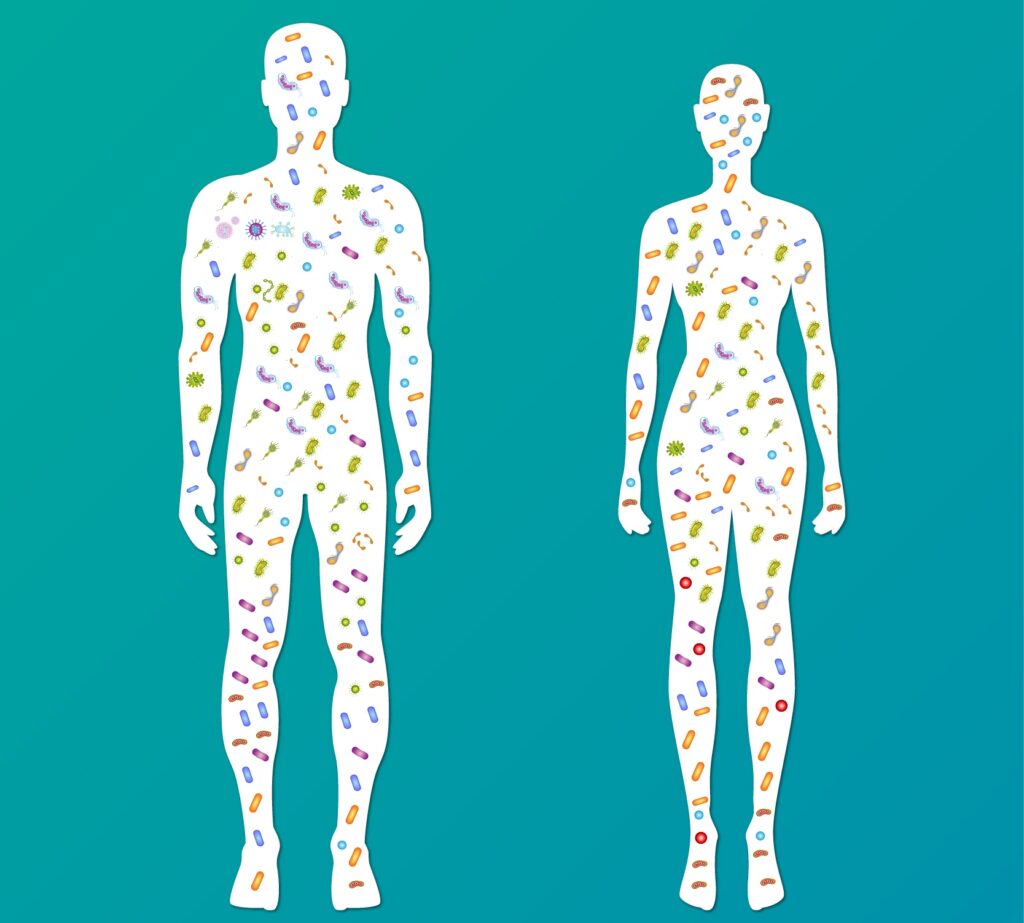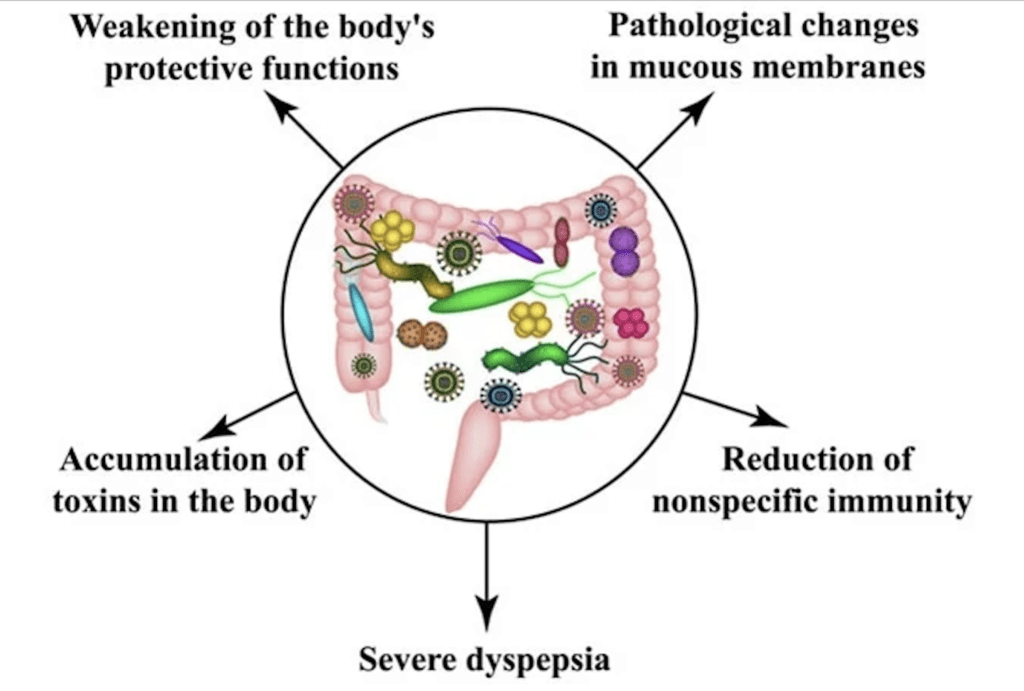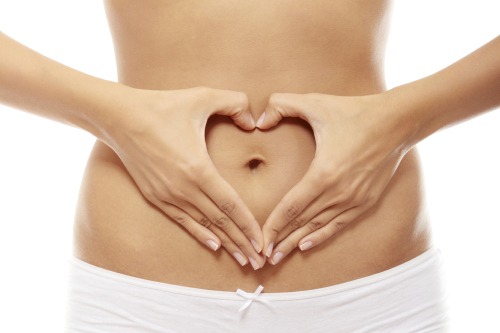
The human microbiome, until relatively recently, has been largely misunderstood however it is now recognised to be a crucial part of our health. The microbiome is made up of bacteria, fungi, protozoa and viruses that live on and inside us.
The first scientific evidence that microorganisms are part of the normal human system emerged in the mid-1880s, when Austrian paediatrician Theodor Escherich observed a type of bacteria in the intestinal flora of healthy children and children affected by diarrhoea disease.
Throughout the 20th century a number of other microorganisms were isolated from the nasal passages, oral cavities, skin, gastrointestinal tract, and urogenital tract and characterised as part of the human microbiota. It wasn’t until the first decade of the 21st century that the concept of the human microbiome was documented, and the study of it began.
Research has confirmed that we host trillions of microbes, in fact we have more microbial DNA than human DNA.
In humans, the gut microbiota or flora has the largest numbers of bacteria and the greatest number of species compared to other areas of the body. It is established between one and two years after birth, and begins its role in protecting us from harmful bacteria and other microorganisms we may in inadvertently ingest. Along with protecting the gut lining the microbiome has been found to play a part in the breakdown of fibre in to short chain fatty acids which are crucial to gastro intestinal health. Some bacteria are also involved in the synthesis of vitamin B and K. There is now mounting evidence linking a healthy microbiome to good mental health, it is thought this may be linked to the fact that around 90% of serotonin, the mood enhancing neurotransmitter, is produced in gut.
As the microbiome is composed of living organisms there are factors that can be detrimental to their survival. Unfortunately it is becoming increasingly obvious that many aspects of modern living are resulting in less diversity in the microbiome. An imbalance or reduction in the quantity and proportion of the friendly bacteria residing in our gut will allow other strains of potentially harmful pathogens to grow unchecked this is referred to as dysbiosis

Causes of dysbiosis:
•Antibiotics and antibacterial medications
•Changes in diet such as the increased consumption of sugars, refined starch, processed foods, food additives such as preservatives, emulsifiers and artificial sweeteners.
•Traces of harmful chemicals and toxins
•Excessive alcohol consumption
•Poor dental hygiene
•Prolonged stress
•Trauma
Gut health and the Immune System.
Without the protection that the microbiome provides, our gut lining can easily be damaged by certain types of food, the drinks we enjoy and by pathogenic micro organisms. Once the gut lining becomes damaged a wide range of health issues can follow. Studies have linked a damaged intestinal lining with immune dysregulation, chronic inflammation, symptoms of IBS and “leaky gut”. Over the years there have been many microbiome studies, often using mice and more recently using human stool samples. The studies on mice showed a correlation between dysbiosis of the gut microbiome and low grade inflammation found in the mice. Initially it is surprising to hear that damage to the gut can result in changes to the immune system and levels of inflammation through out the body. However it starts to make sense when we consider that approx 70% of the body’s immune tissue is foundling lining the gut.
When the gut lining is irritated the immune system is activated
Professor Tim Spector has led many studies looking at gut health and disease. He started The British Gut Project in 2014 analysing human stool samples to map as many people’s microbiomes as possible. He has recently joined an American Gut project aiming to build vast banks of gut data. The Map My Gut study aims to identify the thousand of bacteria’s living in the gut and how they associate with health and disease. The idea that by mapping a persons microbiome it is possible to assess their health status and even predict health risks is now a rapidly expanding industry. There are companies offering stool sample testing with the results leading to personalised diets and supplement recommendations. None of this is cheap and one stool sample will only represent what is going on in the gut at that moment in time.

The composition of our microbiome is complex and constantly changing, the different microorganisms are in constant competition for resources. Some foods we eat will support the microbes that will do us good whereas other foods will strengthen other strains that will lead to negative health effects. There is so much we can do to nurture our microbiome without relying on testing and supplements. We need the Probiotics, foods that provide the good bacteria but equally as importantly we need to feed them to keep them strong and healthy, these foods are referred to as prebiotics.
How to cultivate and maintain a healthy microbiome.
(next Blog post coming soon)
Thanks for sharing this